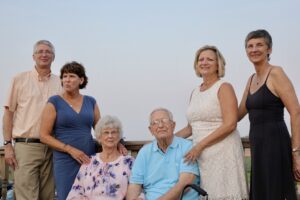 Even though I have lived abroad for nearly 4 decades, due to covid making travel from Europe impossible, I couldn’t be with my mom at the family cabin to celebrate her birthday for the first time ever.
Even though I have lived abroad for nearly 4 decades, due to covid making travel from Europe impossible, I couldn’t be with my mom at the family cabin to celebrate her birthday for the first time ever.
Fortunately, last Christmas before we heard of social distancing and couldn’t begin to imagine a pandemic separating us from loved ones, my daughter gave her gift called, Storyworth, a computer program to record photographs and memories. My mom, Lenore, is having fun recapturing wonderful memories, recording history of days gone by and creating a priceless treasure for generations to come. Every week, Storyworth sends a question to trigger her memories and she writes her answer and sends it back to them to be published into a book. https://welcome.storyworth.com/
With the covid epidemic and no timeline for when we will be able see loved ones again, discovering family history, recording historical events and reconnecting with long distance relatives reminds us we need our stories more than ever to suture those connections between generations .
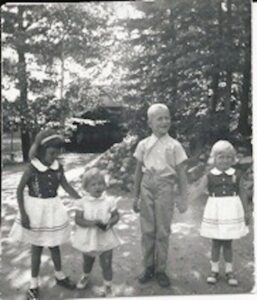 Lenore was only 19 years old and just graduating with her elementary education degree, when she began raising a family, 4 children within a span of 6 years. This was back in the day before child raising gurus and the self help motherhood books were popular. When her last little one went off to school, l my mom went back to the classroom, too, where she taught kindergarten for 25 years.
Lenore was only 19 years old and just graduating with her elementary education degree, when she began raising a family, 4 children within a span of 6 years. This was back in the day before child raising gurus and the self help motherhood books were popular. When her last little one went off to school, l my mom went back to the classroom, too, where she taught kindergarten for 25 years.
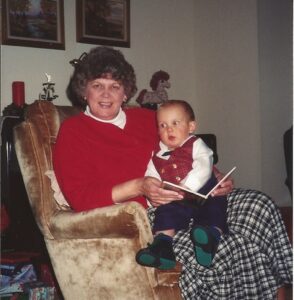 Lenore instilled the love of stories in me. First she read storybooks to me and later passed on that love to her grandchildren
Lenore instilled the love of stories in me. First she read storybooks to me and later passed on that love to her grandchildren
As we reminisce on the phone and my mom tells her stories, I realize that although I flew far from the nest long ago, her philosophy of life has always been a part of me. Today, her reflections on raising children are still spot on, so I wanted to share her answer to the Storyworth question of this week.
“What is the best advice you would give about raising children?”
“The best advice I would give about raising children would be to love your child unconditionally, appreciate their uniqueness and know there is NO such thing as a “perfect parent”. The best parents are always willing to learn, change and improve their skills as well as allow their child to take small risks and let them make decisions on their own. That means there will be falls, scrapes and injuries”.
“Let your parent strategies build on mutual respect and a natural drive to get through the day smoothly. Be patient and persuade your child to calm down and cooperate. Work toward self discipline and allow them failure because a child will learn from his/her mistakes. Think of yourself as your child’s trusted and effective guide, not their dictator. Learn what is age appropriate so you won’t be expecting too much or too little.”
”Let them know how very precious he/she is to you and how much you love them. Tell them what it is you love about them. Enjoy every stage because time goes very fast. Encourage and praise and when very young (toddler age) try using distraction to avoid always saying No! Be playful and especially loving when (the child is) having a “meltdown” if possible. Remember you will make mistakes and that is OK. It is best if both parents agree and stand firm.”
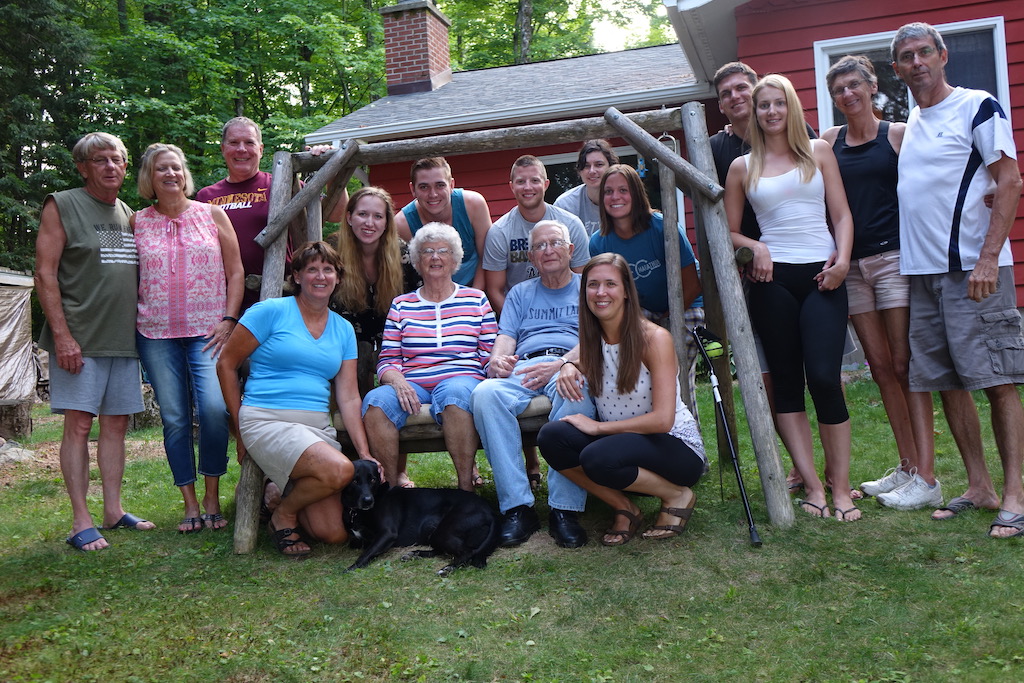 My sister, who is a kindergarten teacher, wants to share this with her parents. My daughter, a pediatrician, imparts that message to the families she works with and in my role as a mother, teacher and coach it was the principles with which I tried to guide my charges.
My sister, who is a kindergarten teacher, wants to share this with her parents. My daughter, a pediatrician, imparts that message to the families she works with and in my role as a mother, teacher and coach it was the principles with which I tried to guide my charges.
As a young mother, my mom was wise beyond her years and even 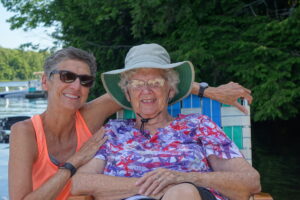 now on her 86th birthday she is sharp enough to continue imparting that wisdom. Her message is timeless. It shaped my life. It shaped the lives of my children. And it will probably continue to influence the way my eldest niece raises my mom’s first great grandchild.
now on her 86th birthday she is sharp enough to continue imparting that wisdom. Her message is timeless. It shaped my life. It shaped the lives of my children. And it will probably continue to influence the way my eldest niece raises my mom’s first great grandchild.
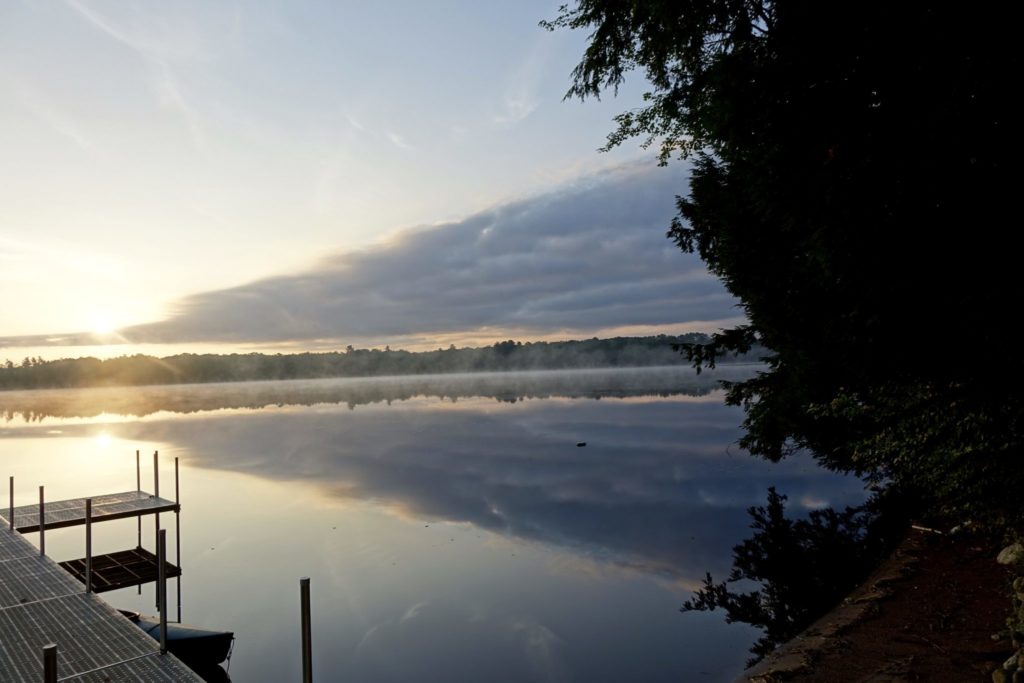
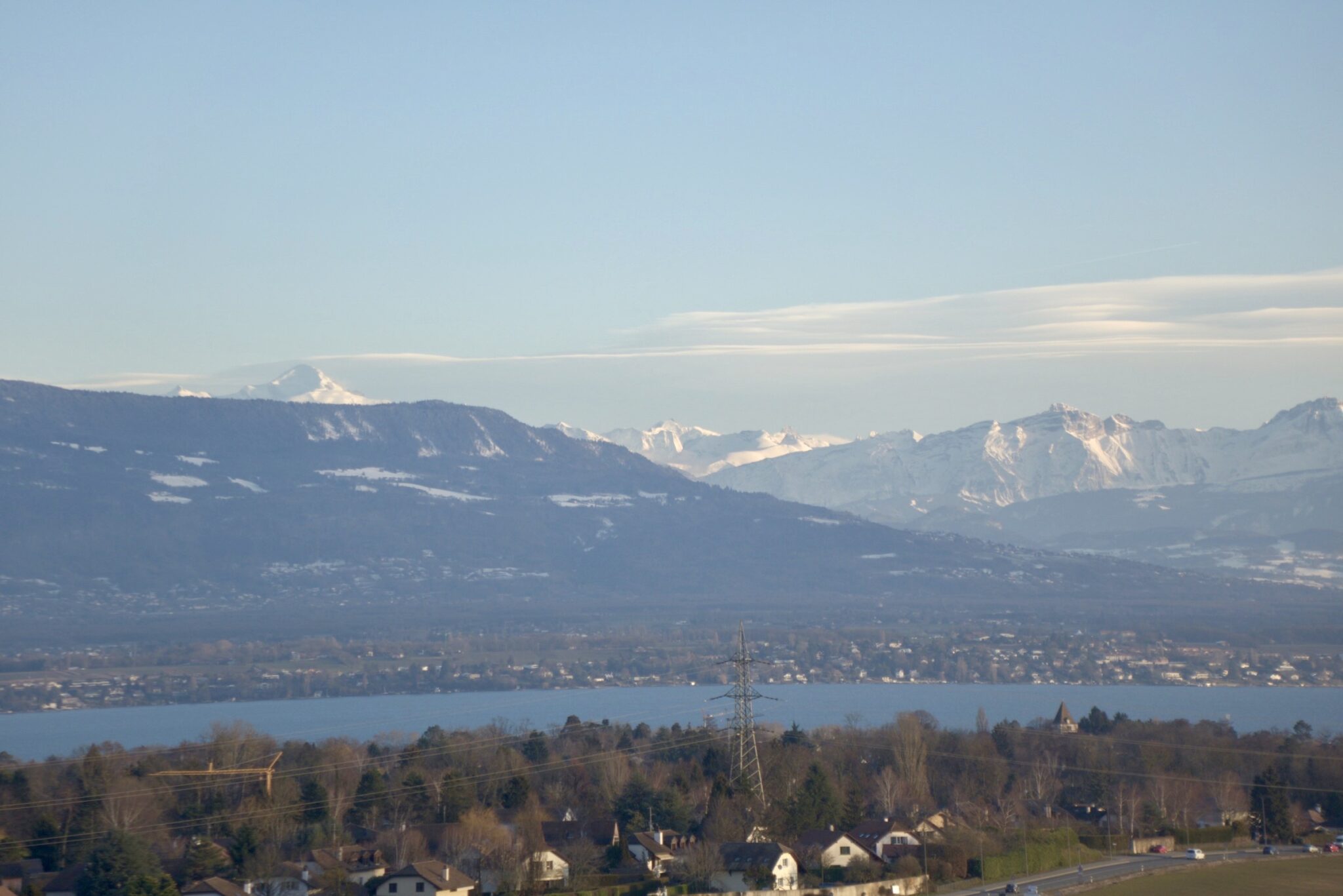
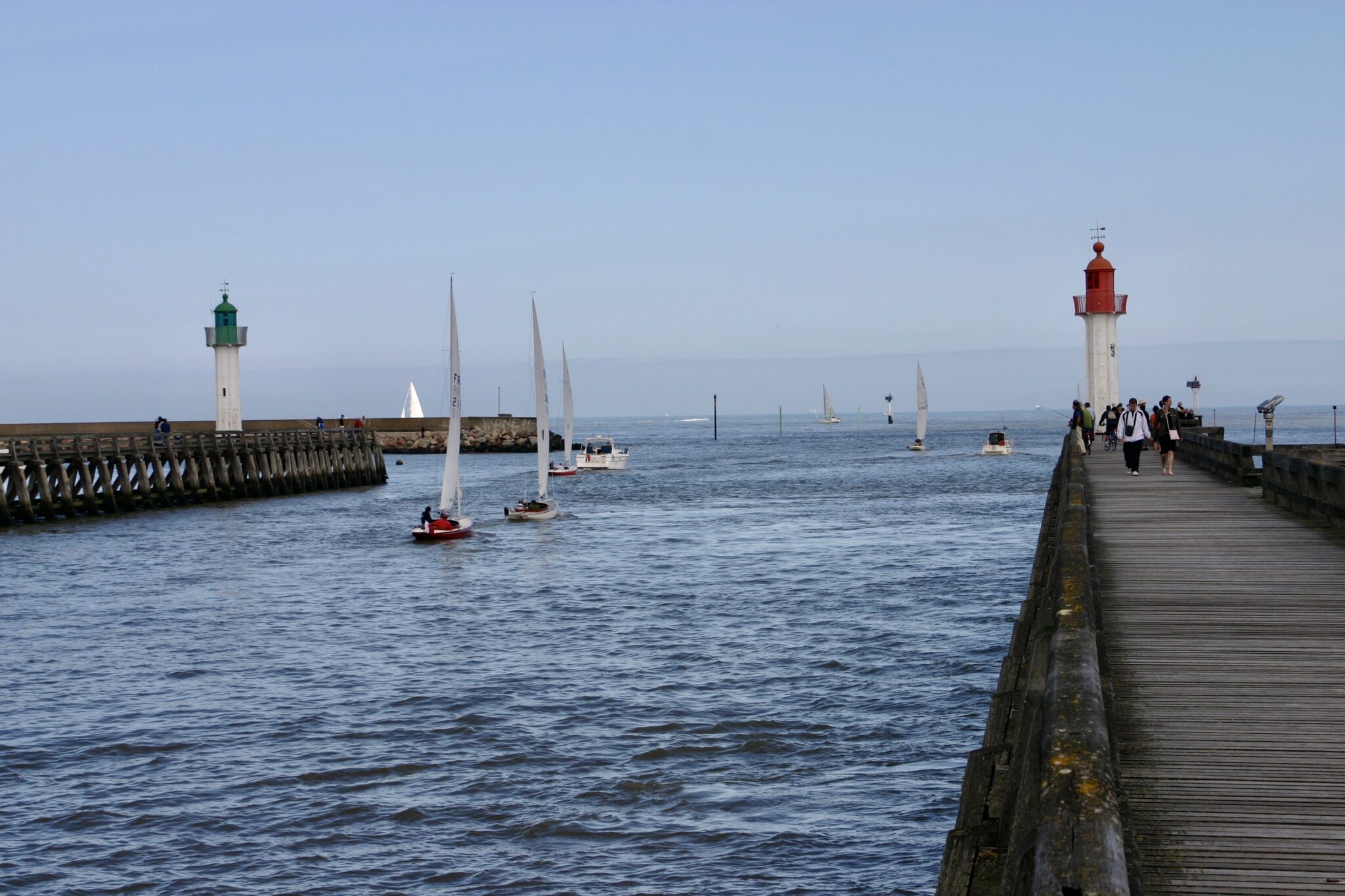
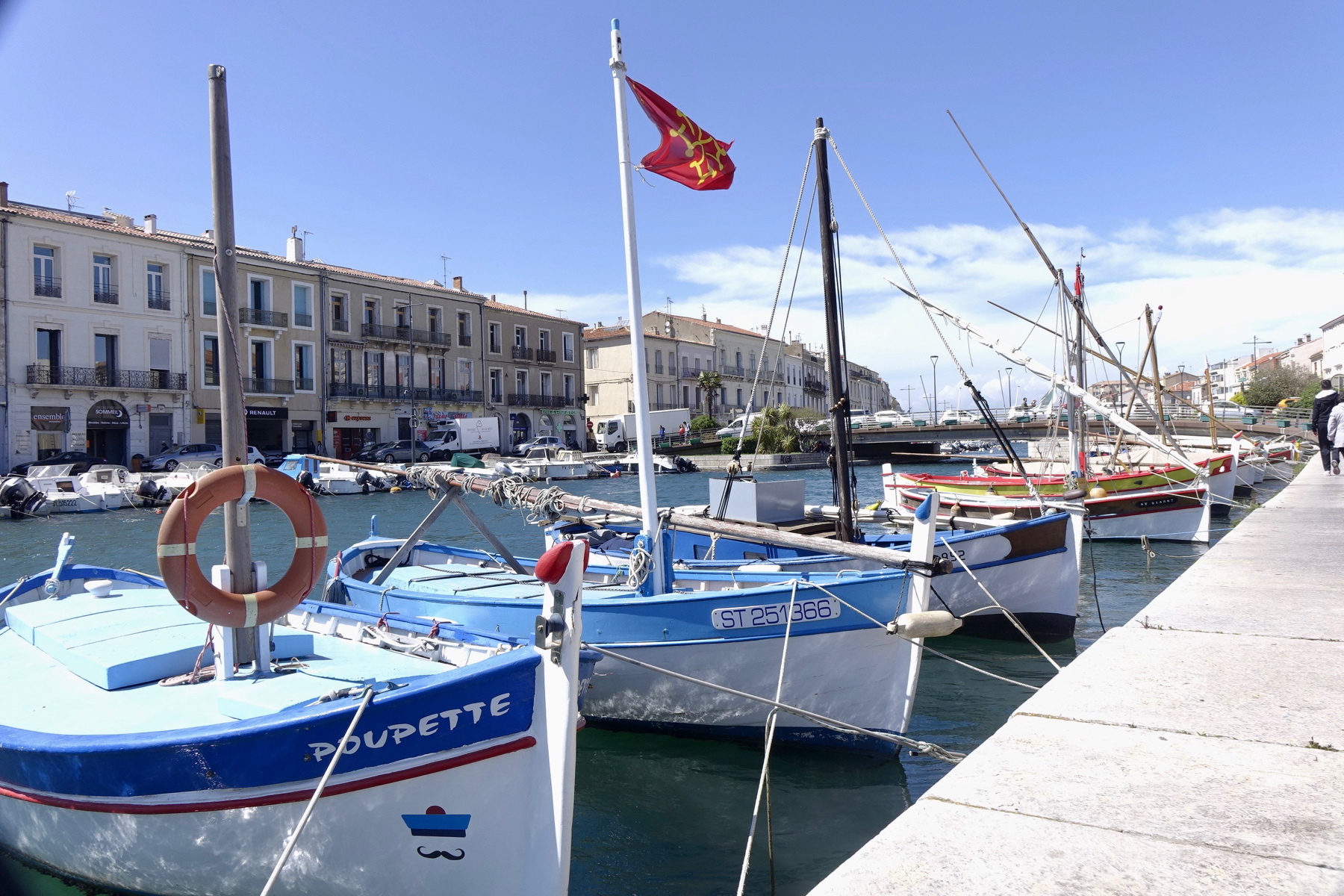
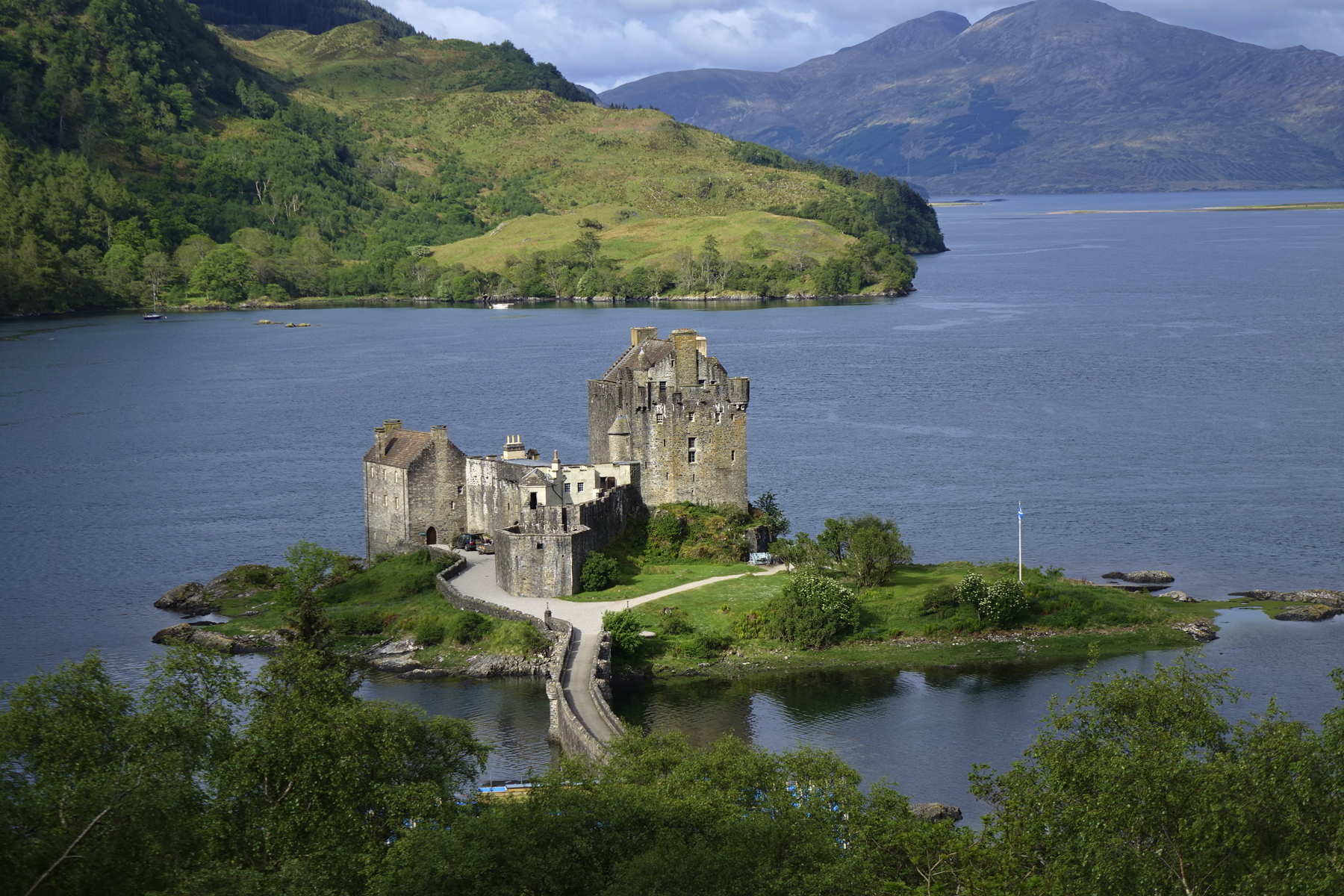
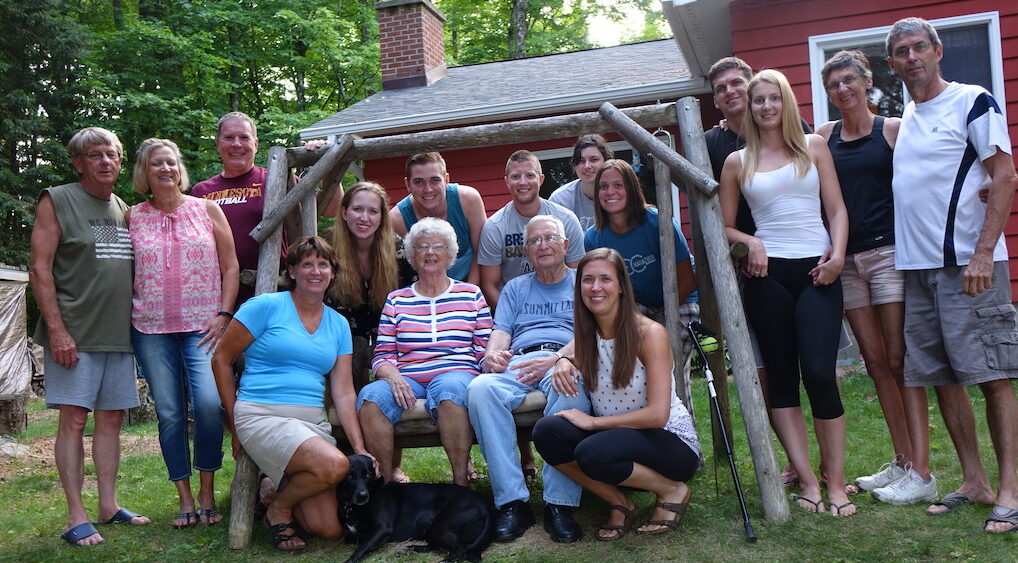
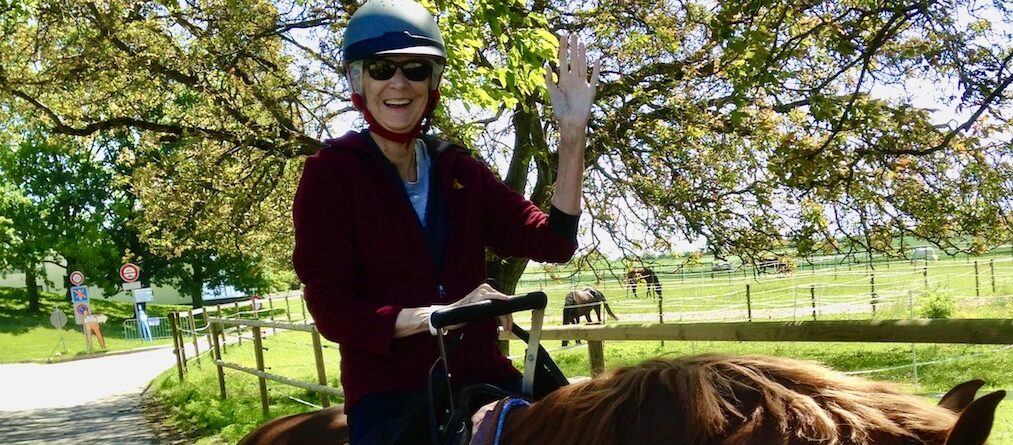
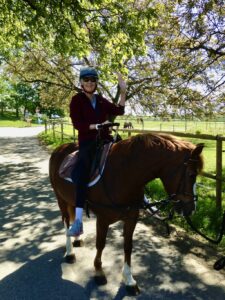 Just a few weeks after my brain trauma and surgery, my physical therapists in the rehab hospital, The Lavigny Institution, recommended a pony ride to help me heal. My entourage at home found that suggestion amusing as they pictured me on a pony with my long legs dragging the dirt.
Just a few weeks after my brain trauma and surgery, my physical therapists in the rehab hospital, The Lavigny Institution, recommended a pony ride to help me heal. My entourage at home found that suggestion amusing as they pictured me on a pony with my long legs dragging the dirt.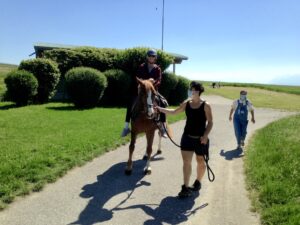 My physical therapists were so enthusiastic they could get me to agree to anything, but on the day I was scheduled for pony therapy I had second thoughts. Was I crazy? I hadn’t ridden a horse in over 50 years. But there was no way I could fall off. To mount the pony, which I was surprised to see had grown overnight to the size of a horse, I walked up a ramp and they brought the horse to a stand beside me.
My physical therapists were so enthusiastic they could get me to agree to anything, but on the day I was scheduled for pony therapy I had second thoughts. Was I crazy? I hadn’t ridden a horse in over 50 years. But there was no way I could fall off. To mount the pony, which I was surprised to see had grown overnight to the size of a horse, I walked up a ramp and they brought the horse to a stand beside me.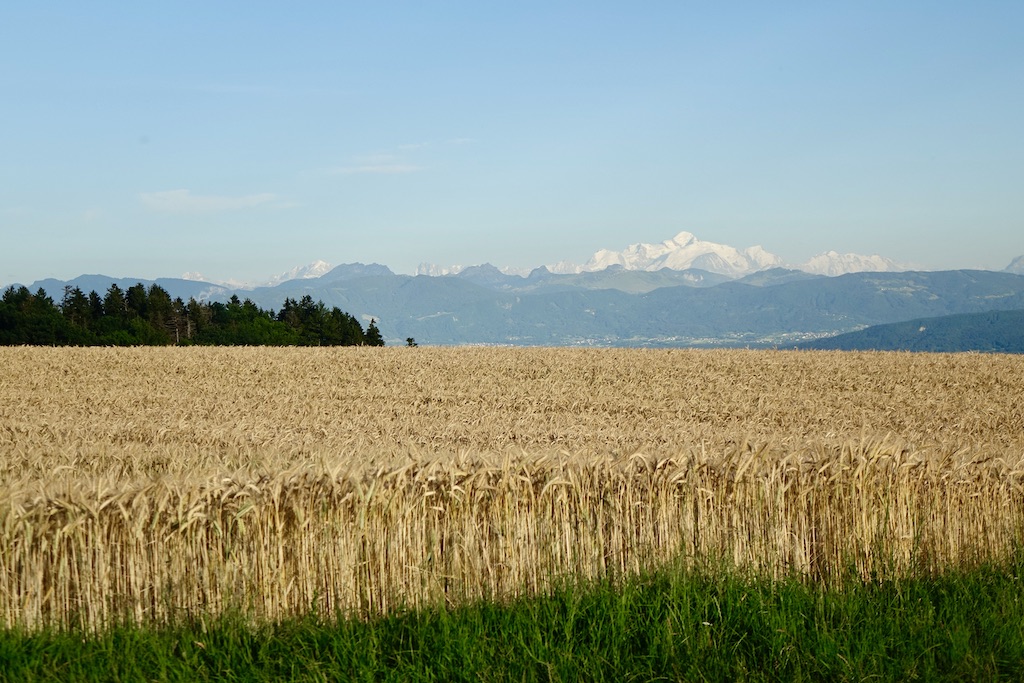




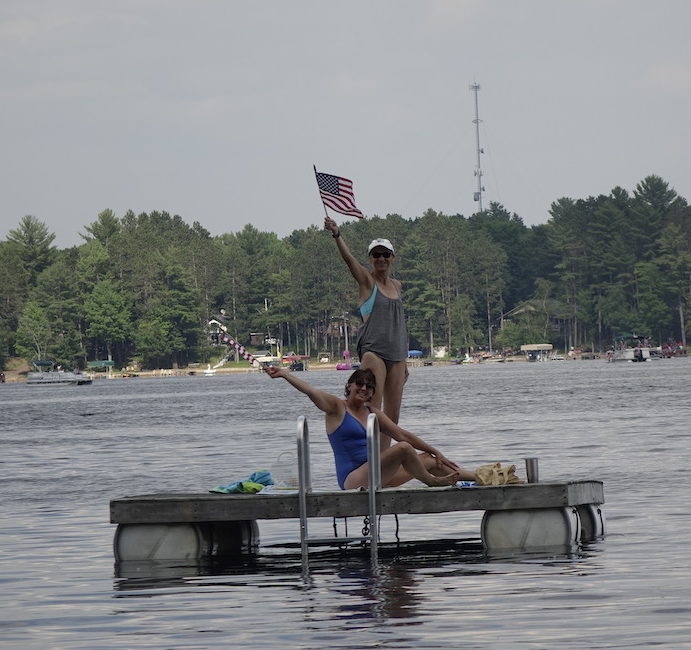
 On our nation’s birthday I want to wish everyone a Happy 4th of July, but I don’t feel happy. I am deeply troubled about our future.
On our nation’s birthday I want to wish everyone a Happy 4th of July, but I don’t feel happy. I am deeply troubled about our future.


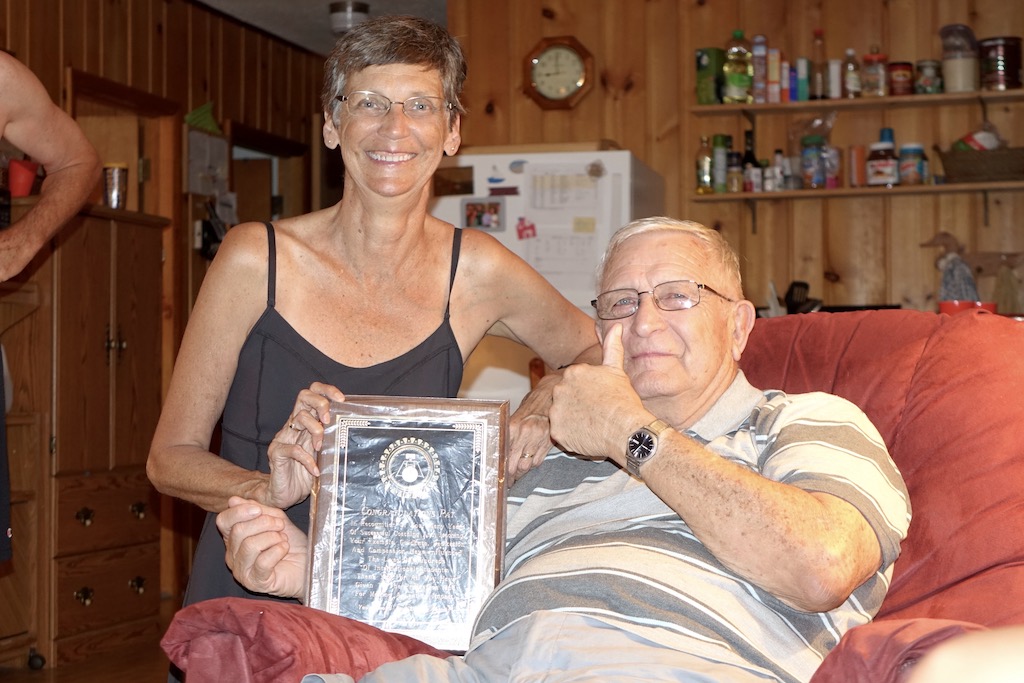
 So many of our fathers have passed on, but the lessons they taught remain ingrained. I have been blessed to be surrounded by good men from my husband who has been a wonderful father to our 2 children, to
So many of our fathers have passed on, but the lessons they taught remain ingrained. I have been blessed to be surrounded by good men from my husband who has been a wonderful father to our 2 children, to  my big brother, Doug, to my brothers- in- law, Cliff and Dick, to the first man I ever loved, my dad. Papa Mac was a father figure to so many students and athletes who traversed the halls of Sterling high School.He was hard working, loyal, a strong leader and a role model in his community.
my big brother, Doug, to my brothers- in- law, Cliff and Dick, to the first man I ever loved, my dad. Papa Mac was a father figure to so many students and athletes who traversed the halls of Sterling high School.He was hard working, loyal, a strong leader and a role model in his community. But weightless in water, I became pain free.
But weightless in water, I became pain free.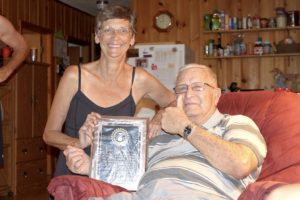
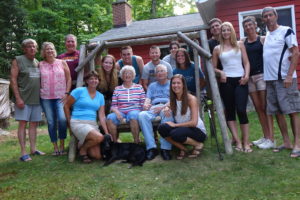
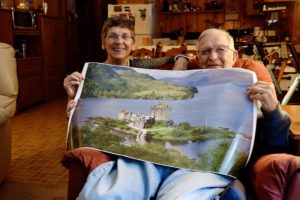

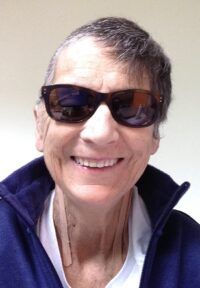
 I almost lost my life. Again.
I almost lost my life. Again.
 weeks I could not move from my bed. Then I was transferred to a rehab center and started round the clock therapy. My days were filled PT, OT, neuropsych, speech therapy. I met with physical therapists, neuropsychotherapists, a psychiatrist, and neurologists to piece together my psyche and help regain my physical and cognitive skills.
weeks I could not move from my bed. Then I was transferred to a rehab center and started round the clock therapy. My days were filled PT, OT, neuropsych, speech therapy. I met with physical therapists, neuropsychotherapists, a psychiatrist, and neurologists to piece together my psyche and help regain my physical and cognitive skills.